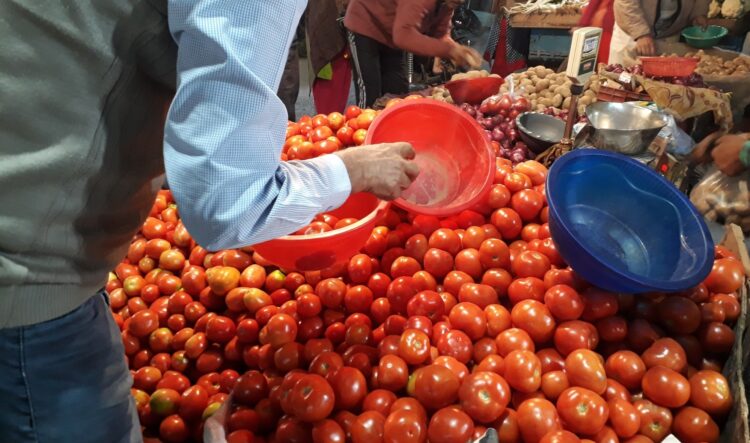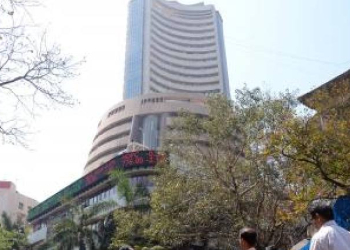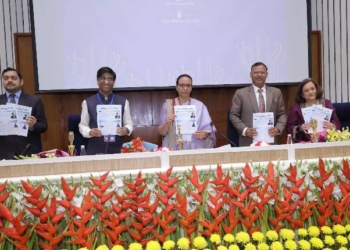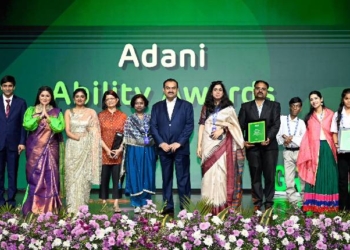New Delhi: Amid spiralling prices of tomatoes across the country due to heavy rains in Himachal Pradesh and Uttarakhand from where bulk of supplies arrive, the Centre has sought procurement of tomatoes from Andhra Pradesh, Karnataka and Maharashtra.
Tomato stocks will be distributed through retail outlets at discounted prices to the consumers in Delhi-NCR region by Friday, Consumer Affairs Ministry officials said.
The Ministry has directed the National Agricultural Cooperative Marketing Federation (NAFED) and National Cooperative Consumers Federation (NCCF) to immediately procure tomatoes from mandis in Andhra Pradesh, Karnataka and Maharashtra, for simultaneous distribution in major consumption centres where retail prices have recorded maximum increase in the last one month.
Currently, the supplies coming to markets in Gujarat, Madhya Pradesh and some other states are mostly from Maharashtra especially Satara, Narayangaon, and Nashik, which is expected to last till this month-end.
Tomato supplies in Delhi-NCR are mainly from Himachal Pradesh and some also come from Kolar, Karnataka.
New crop arrivals are expected soon from Nashik district, official sources said.
In addition to this, additional supply is expected to arrive from the Narayangaon and Aurangabad belt.
Madhya Pradesh arrivals are also expected to start.
Prices are anticipated to cool down in the near future accordingly, they added.
Though tomato prices have been on a high since the last one month, the Consumer Affairs Ministry had said few weeks ago that they will stabilise by mid-July, as supplies were expected from Himachal Pradesh and Uttarakhand.
However owing to heavy rain and floods in both the states, tomato prices continue to hit the roof, forcing the Centre to source supplies from the southern and western states.
Tomato is produced almost in all the states in India, though in varying quantities. Its maximum production is in southern and western regions of India, which contribute 56 per cent to 58 per cent of all India production.
Southern and western regions being surplus states, feed to other markets depending on production seasons.
The production seasons are also different across regions.
The peak harvesting season occurs from December to February. The periods during July-August and October-November are generally the lean production months for tomato.
The month of July coinciding with the monsoon season, adds to further challenges related to distribution and increased transit losses, thus leading to price rise.
(IANS)















